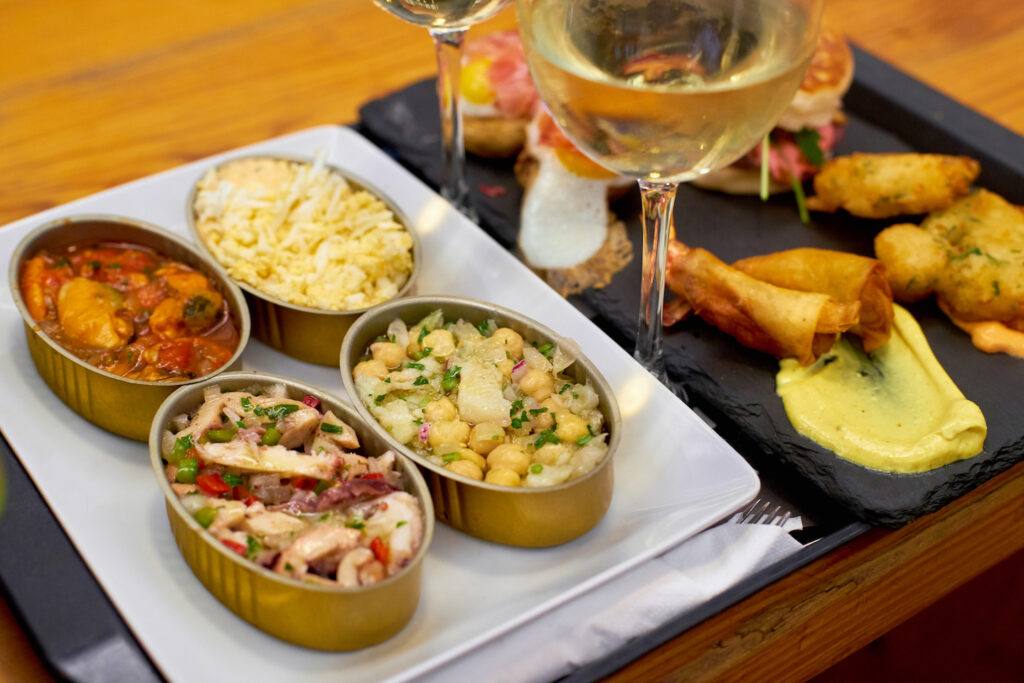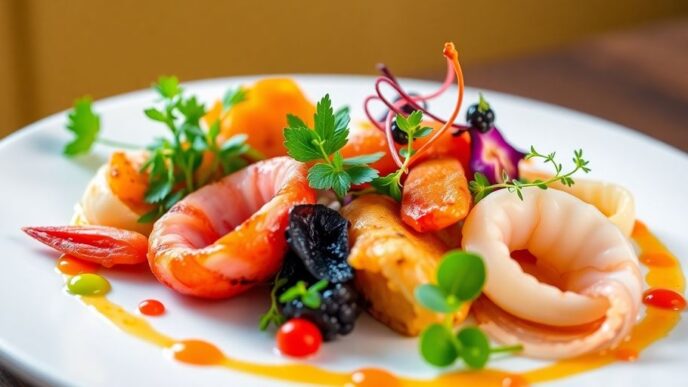Vinho Verde, a picturesque wine region in Portugal, is gaining recognition for its diverse and high-quality wines. Once stereotyped for its low-alcohol, sweet whites, Portugal is now rightly being recognised for its skilful, innovative winemakers who are redefining the region’s identity with dry, complex varietals, particularly Alvarinho and Loureiro.
Historically, Vinho Verde was associated with light, sweet wines, often consumed locally. However, a technological revolution in the 1970s and 1980s paved the way for modern winemaking techniques. This shift allowed producers to focus on quality over quantity, leading to the emergence of dry wines that showcase the region’s potential.
Alvarinho, known for its aromatic intensity and fresh acidity, has become a flagship varietal for Vinho Verde. The sub-region of Monção e Melgaço is particularly renowned for its Alvarinho wines, which are characterized by their fruity and fresh profiles. Loureiro, another key grape, offers a delicate and fragrant alternative, often producing wines with vibrant acidity and aging potential.

New-wave producers in Vinho Verde are breaking away from traditional methods, opting for lower yields and organic practices. This approach allows for the creation of naturally balanced wines without added gas or residual sugar. Winemakers like Anselmo Mendes and the Cerdeira family are at the forefront of this movement, showcasing the region’s diverse microclimates and varietals.
Vinho Verde | What’s NExt
As Vinho Verde continues to evolve, its reputation is shifting from a region known for simple, sweet wines to one celebrated for its complexity and finesse. The growing interest in premium wines has attracted significant investment, with established producers now crafting high-end Alvarinho and Loureiro. This transformation positions Vinho Verde as a contender in the global wine market, appealing to a new generation of wine enthusiasts.
Vinho Verde is a region in transition, where the unique terroir and innovative winemaking practices are increasingly being combined to produce exceptional wines. As the world takes notice, the future looks bright for this once-overlooked wine region.












